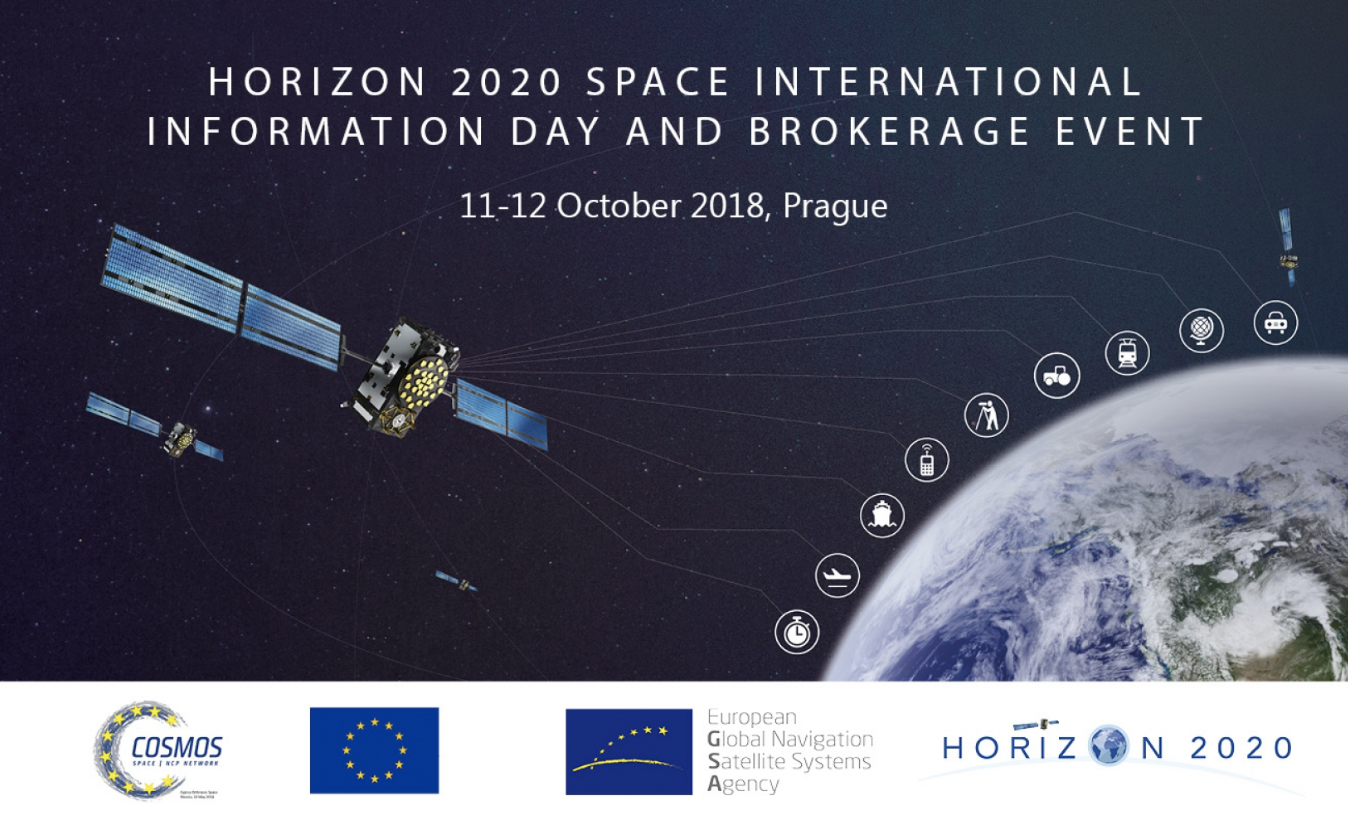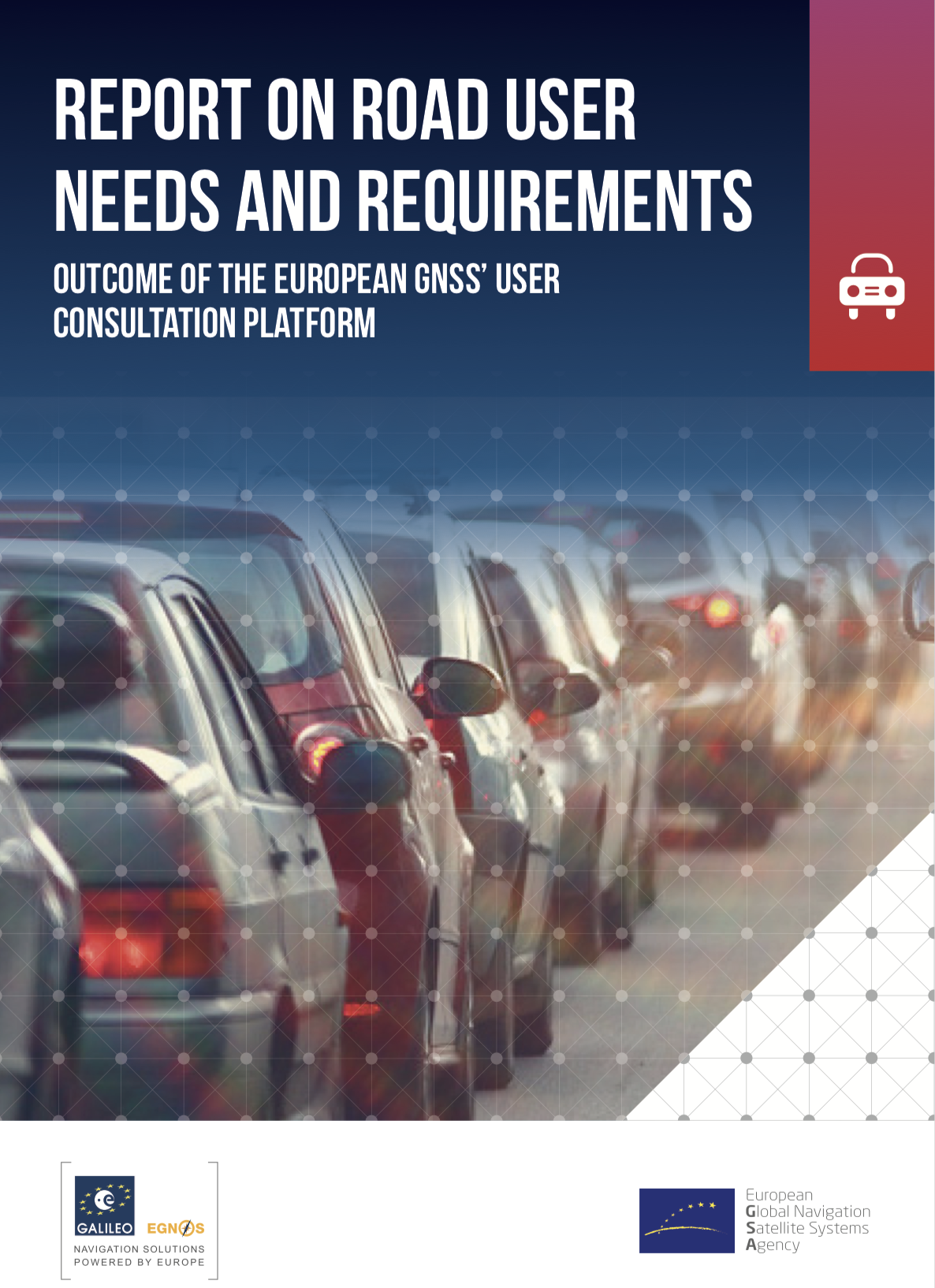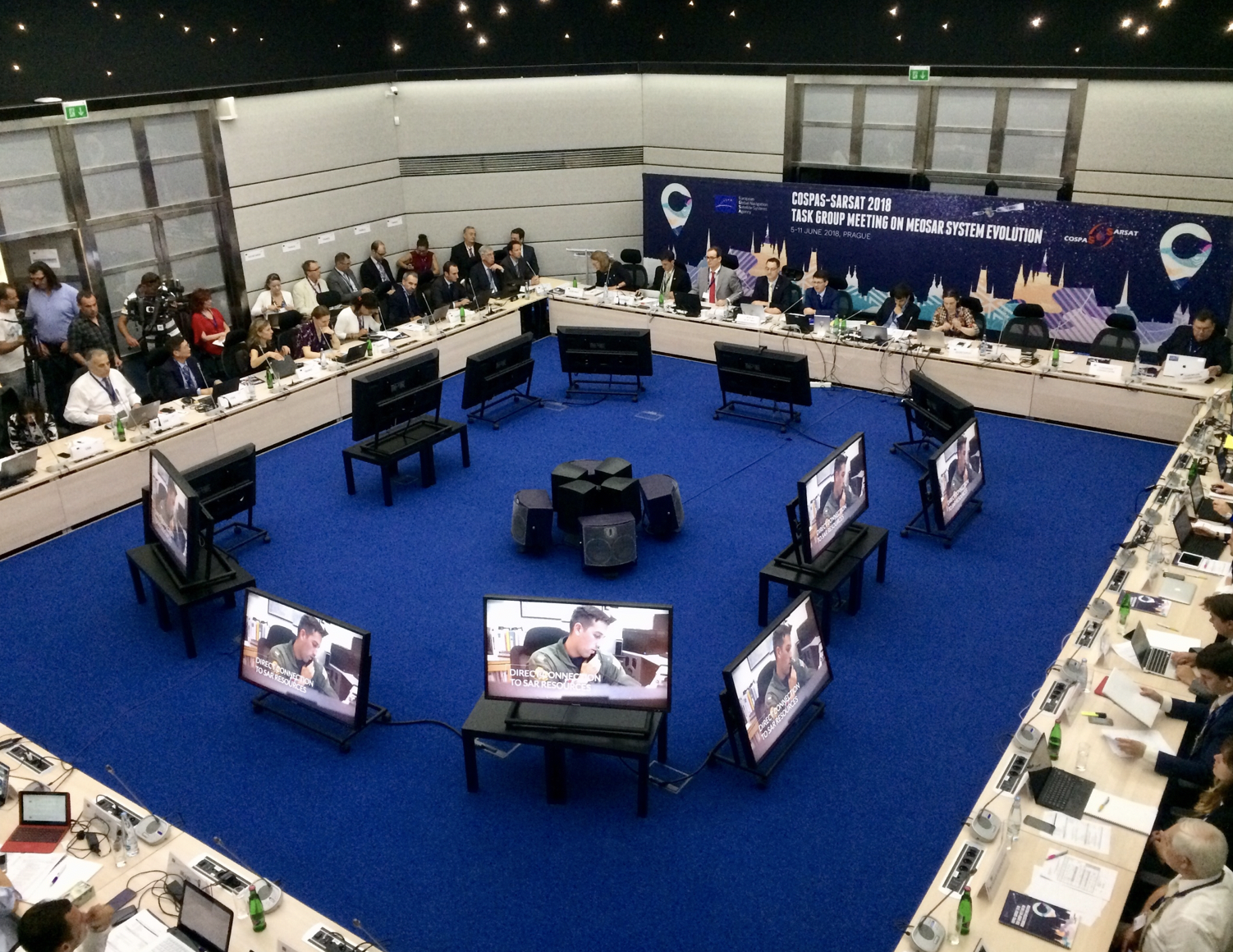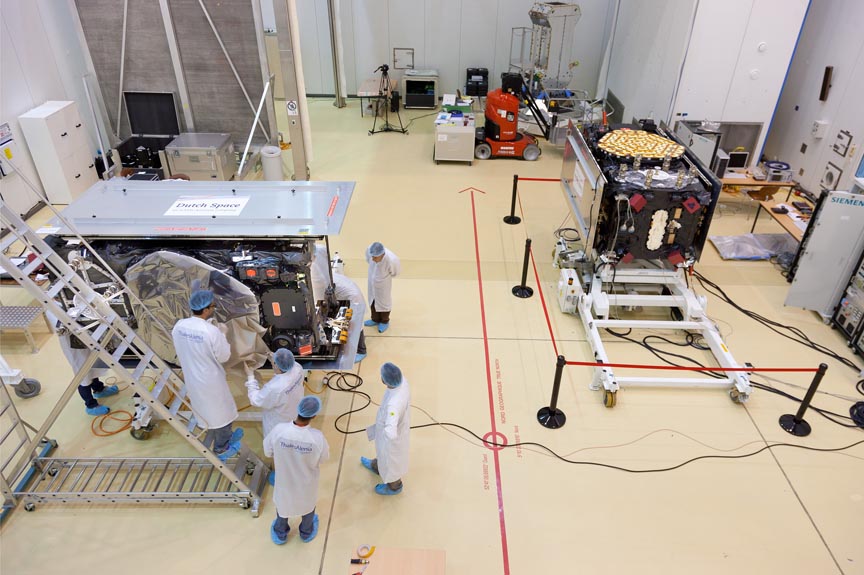The European GNSS Agency (GSA) hosted the second Fundamental Elements Info Day on March 14, 2018, welcoming 55 participants from 38 organizations to its headquarters in Prague. The info day focused on upcoming FE (Fundamental Elements) funding opportunities and provided a status update on the funding program.
The Fundamental Elements Info Day program was split into three parts. The day began with a presentation of the two calls currently open under the FE mechanism. Proposals in the first of these, a call for Galileo-based timing receiver for critical infrastructures, should define receiver requirements and design, develop, test and validate a prototype with simulated and real data scenarios. The second open call is for GNSS receiver technologies for the premium and general mass market. Proposals should address either (or both) streams by developing, integrating, testing and demonstrating hardware components, software or firmware filling technology gaps for Premium Mass Market GNSS devices, Internet of Things, or any other general mass market application.
For more on new funding opportunities, read this: GSA funding opportunities
During the second part of the day, GSA staff discussed the seven additional grants currently planned for 2018. These are:
Following this presentation, industrial consortium leaders took the floor to present Fundamental Elements success stories and the current results from the ongoing projects: FANTASTIC, ESCAPE, PATROL and EDG2E. This was also an opportunity to share best practices with newcomers interested in participating. Generally, the beneficiaries see FE funding as an enabler to give a further push to GNSS user equipment producers and increase their business in Europe and globally, according to the GSA.
Representatives from the Joint Research Centre — the European Commission’s in-house science service — also presented their test facilities, which were relevant for the timing receiver call, for example.
The day concluded with a presentation of some guidelines and best practices on how to write a successful proposal.
Fundamental Elements at a Glance
Fundamental Elements is an EU R&D funding mechanism supporting the development of EGNSS-enabled chipsets, receivers and antennas. FE projects are part of the overall European GNSS strategy for market uptake, led by the GSA.

The objectives of the program can be summarized as follows:
• Facilitate the adoption of EGNSS, building on innovative services and differentiators
• Improve the competitiveness of EU industry
• Address user needs in priority market segments
• Maximize benefits to European citizens
• The total budget for projects to be carried out in 2015-2020 is EUR 111.5 million.
At the recent Munich Satellite Navigation Summit’s opening night plenary session, Matthias Petschke, director European Union Satellite Navigation Programmes, European Commission, and ESA Director General Johnann-Dietrich Worner each addressed funding and budget updates for Galileo as well highlighting recent achievements and planned further enhancements to Europe’s satellite navigation capabilities.






